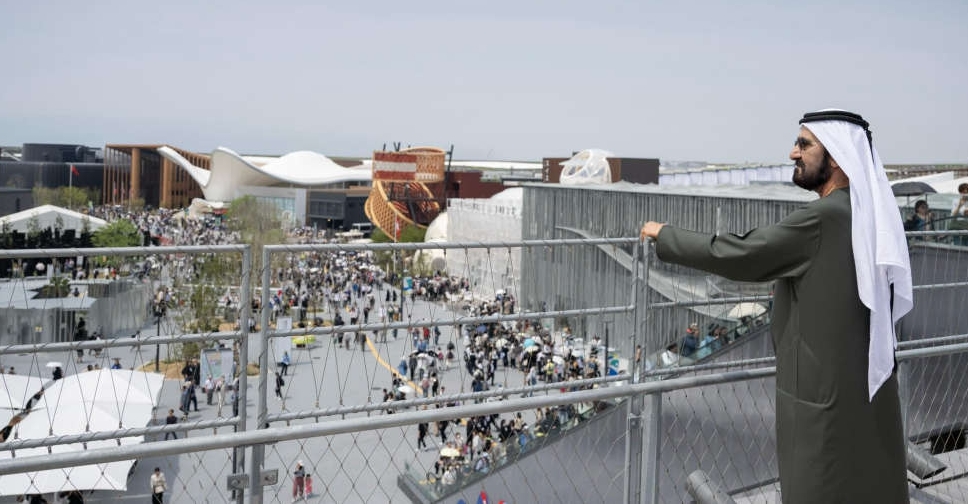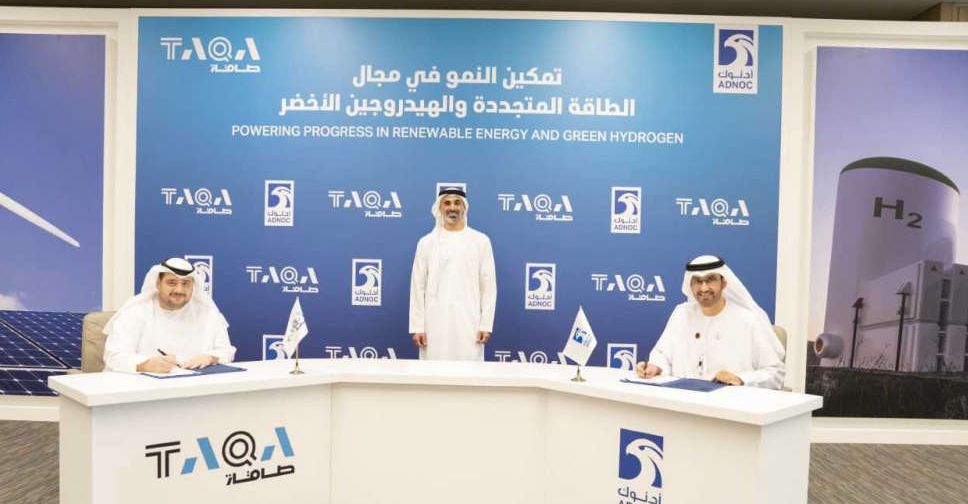
The partnership is being undertaken by the Abu Dhabi National Oil Company (ADNOC) and the Abu Dhabi National Energy Company PJSC (TAQA) to create a clean energy powerhouse by 2030.
The new partnership will focus on domestic and international renewable energy and waste-to-energy projects as well as the production, processing and storage of green hydrogen and ancillary activities.
ADNOC will combine TAQA’s expertise in renewable energy to progress the green hydrogen development project.
The total renewable energy generating capacity is being reported at 30 Gigawatts, with the goal of positioning Abu Dhabi and the United Arab Emirates at the forefront of the energy transition and further its global leadership role in green hydrogen.
These efforts are reflective of the UAE's proactively solutions to secure a lower carbon future as the nation works to achieve its net-zero emissions by 2050.
"As the UAE looks ahead to hosting COP 28 in 2023, our nation pledges an inclusive energy ecosystem, enabling sustainable future economic growth, for the benefit of Abu Dhabi and the UAE," said Dr. Sultan Ahmed Al Jaber, UAE Minister of Industry and Advanced Technology and ADNOC Managing Director and Group CEO.
In October, ADNOC and Emirates Water and Electricity Company (EWEC) entered a new clean energy partnership, which will see up to 100 per cent of the ADNOC’s grid power supplied by EWEC’s nuclear and solar clean energy sources.


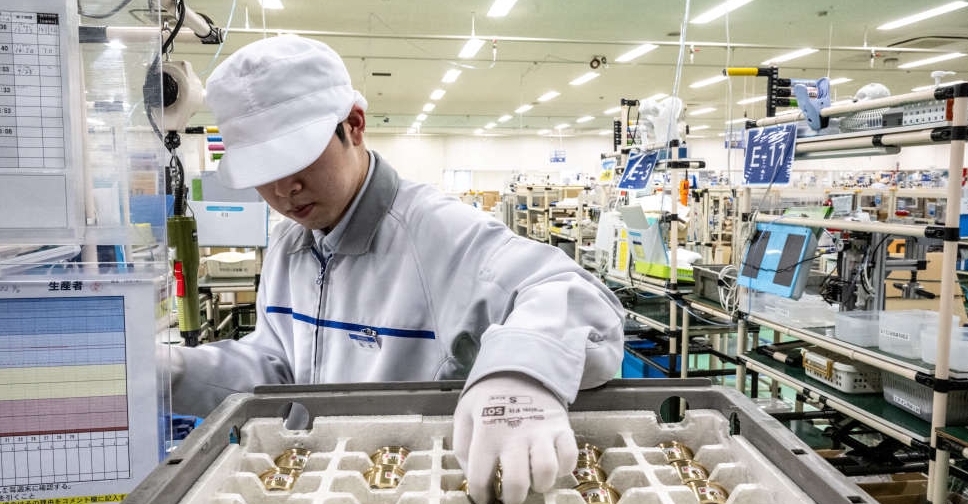 Japan compiles emergency economic package to ease tariff pain
Japan compiles emergency economic package to ease tariff pain
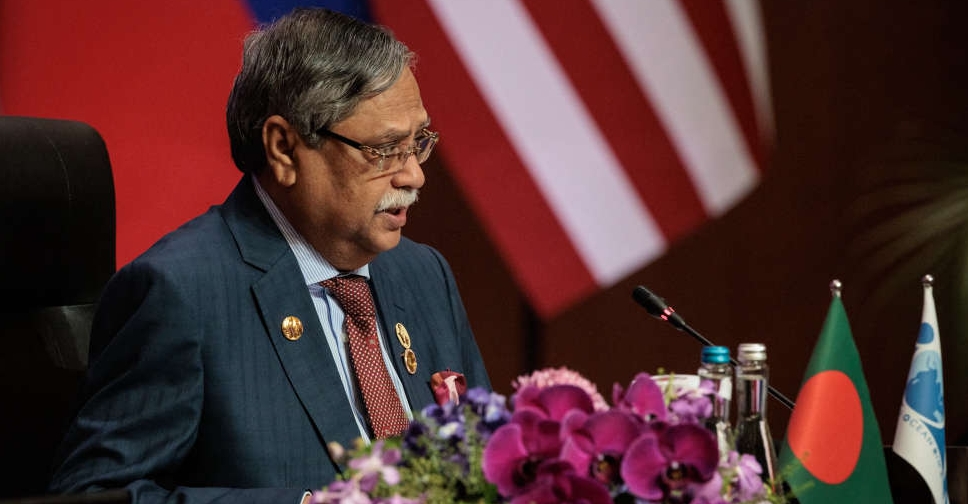 Bangladesh, World Bank sign $850 million deal to boost jobs, trade
Bangladesh, World Bank sign $850 million deal to boost jobs, trade
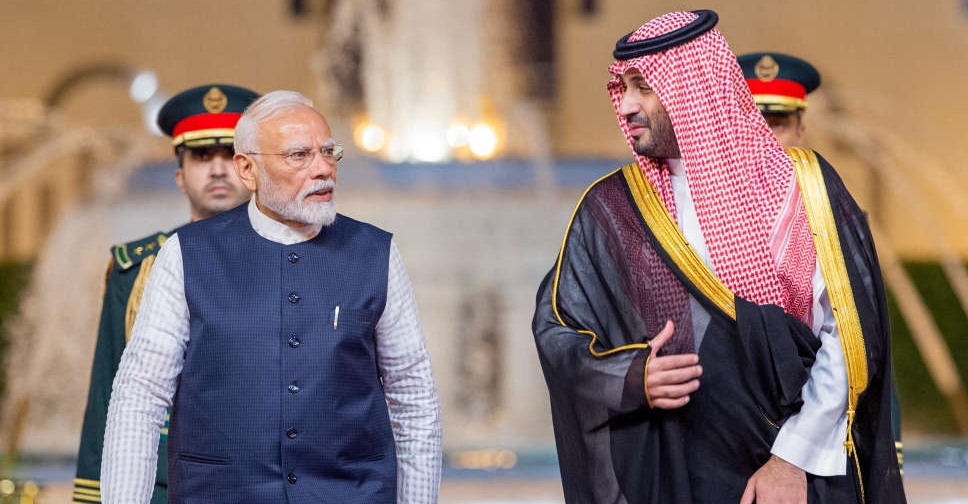 Saudi Arabia, India agree to boost cooperation in energy and defence
Saudi Arabia, India agree to boost cooperation in energy and defence
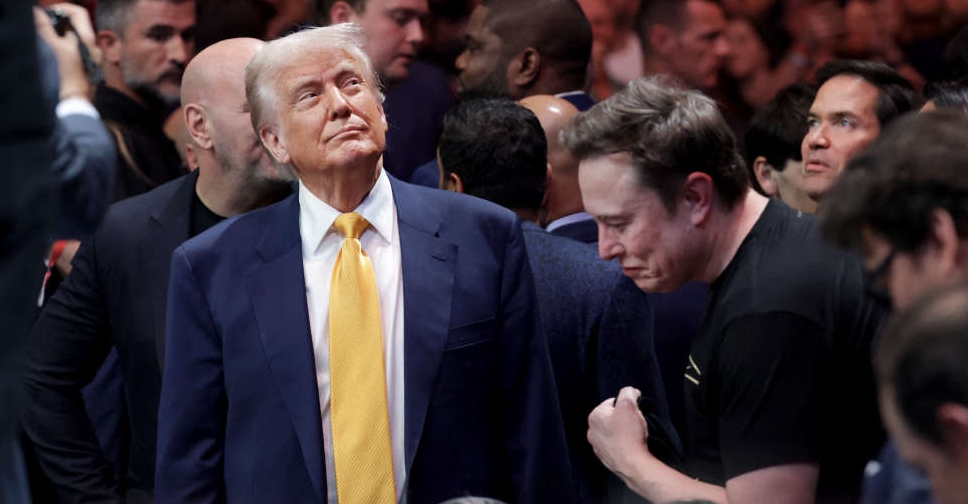 Musk, facing criticism and falling Tesla sales, to cut back DOGE work
Musk, facing criticism and falling Tesla sales, to cut back DOGE work
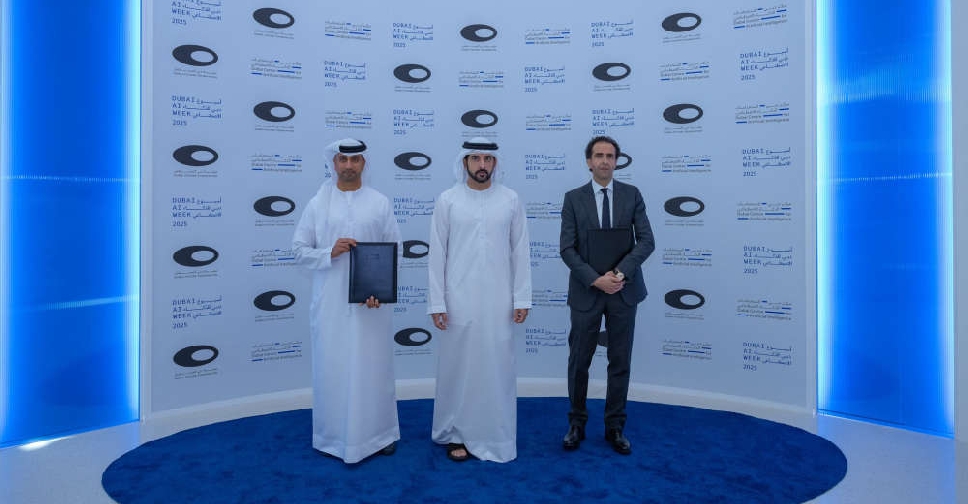 Dubai strengthens tech leadership with AED 2 billion data centre
Dubai strengthens tech leadership with AED 2 billion data centre



